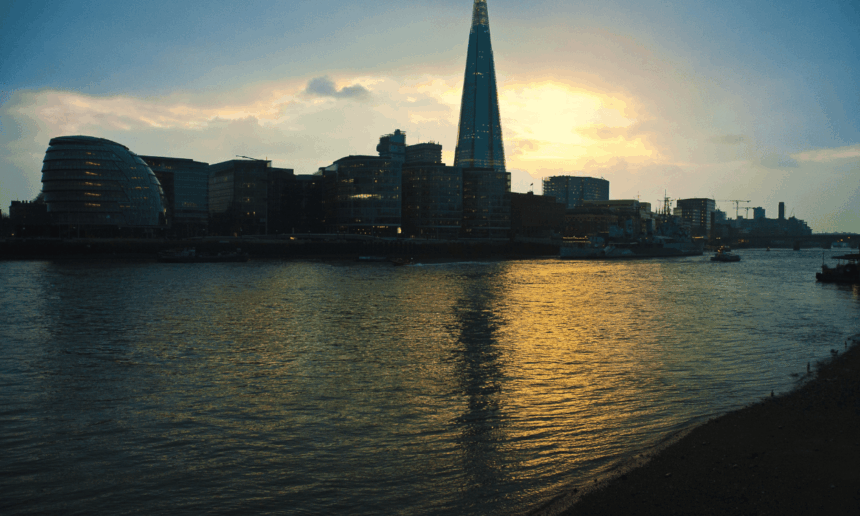Kering has introduced a new plan designed to secure sustainable water resources across its operations. The luxury group, known for brands like Gucci, Saint Laurent, Bottega Veneta, and Balenciaga, now seeks to achieve a net water-positive impact by 2050 and record improved water metrics in vital zones by 2035. The approach aims to tackle water risks while delivering measurable benefits to ecosystems and communities.
Additional reports indicate that similar initiatives have been steadily increasing across various industries. Observers note that several companies have embarked on programs to mitigate water scarcity, reflecting an industry-wide trend. Independent analyses reveal that such efforts have evolved with enhanced scientific targets and clearer sustainability metrics over recent years.
Will targeted water basins experience significant improvements?
Indeed, the initiative focuses on ten priority water basins linked to the company’s activities. Emphasis will be on increasing water quality, quantity, and accessibility by collaborating with local stakeholders and enhancing existing water management practices. The strategy uses science-based targets to manage water risks effectively in regions facing higher water stress.
Can the strategy reduce water risks across Kering’s supply chain?
Yes, the program adopts practices such as sourcing recycled fabrics and utilizing chromium-free and low-impact tanning agents to relieve water-related pressure. The company plans to work closely with suppliers and local communities, ensuring shared water challenges receive collaborative attention. Such actions extend to optimizing water usage across production processes.
Kering will also set up Water Resilience Labs in ten water-stressed areas to facilitate cross-sector cooperation.
“The need for responsible corporate water stewardship to stay within the planetary boundaries has never been more urgent. It is crucial that water commitments evolve from a reductions-only approach to become water-positive, regenerating and replenishing water and ecosystems associated with all business activities. Accordingly, Kering’s Water-Positive Strategy has been designed to be transformative, and we will collaborate with local stakeholders to deliver measurable water-positive outcomes to enhance social, environmental and economic resilience, and ultimately contribute to building up the availability of clean water for all.”
These labs will operate in regions including Tuscany’s Arno basin, where many supplier facilities are located.
The plan incorporates measurable targets and scientific methodologies that aim to reduce water pollution and replenish water sources. Collaborative efforts with local authorities and community groups are expected to provide the necessary support to implement and monitor improvements across the targeted areas.
The initiative provides actionable insights into how companies in the luxury sector can face environmental challenges. Observers should note that while ambitious, the strategy requires rigorous implementation and transparent reporting to gauge its long-term success and global impact.










